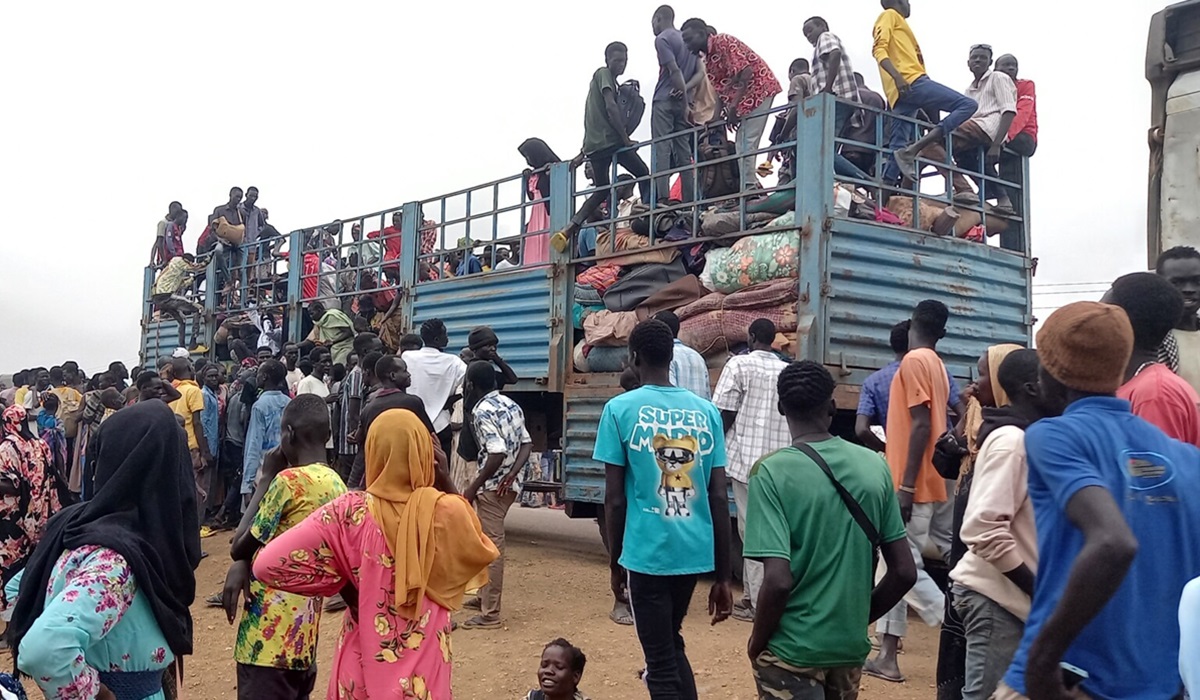The brutal war in Sudan has driven over 500,000 people to seek refuge in neighboring South Sudan, a staggering figure that represents more than 30% of the total displaced population since the conflict erupted in April 2023. This mass exodus has plunged South Sudan, itself recovering from decades of war and facing a dire humanitarian situation, further into crisis.
Jan Egeland, Secretary General of the Norwegian Refugee Council, expressed outrage at the international community’s inaction in the face of the escalating crisis. “We are appalled by the global inaction as countless defenceless civilians are killed and displaced within and from Sudan,” he stated. Egeland condemned the “heinous atrocities” committed by all parties to the conflict and highlighted the devastating impact on neighboring countries, particularly South Sudan, whose resources are already stretched thin.
South Sudan, struggling with its own pre-existing humanitarian crisis, was ill-equipped to handle the influx of refugees from Sudan. Prior to the conflict, the country already had nine million people in need of aid, with food insecurity plaguing nearly 60% of the population. This sudden influx has severely strained South Sudan’s limited resources, jeopardizing the well-being of both refugees and host communities.

Egeland issued a powerful call to action, urging the warring parties to cease hostilities and allow humanitarian organizations unhindered access to civilians in need. He also appealed to the international community for increased financial support to assist South Sudan in shouldering this immense burden. “The outside world must better support South Sudan as it shoulders the cost of more than half a million people fleeing conflict,” he declared. “We cannot look away while unspeakable violations are taking place in Sudan and neighbouring countries shoulder a burden they cannot bear.”
Humanitarian organizations are facing immense challenges in providing basic necessities for the displaced population. Food, clean water, sanitation facilities, shelter, healthcare, and protection services are all in short supply in transit centers, existing displacement sites, refugee settlements, and host communities. With donor funding cuts of up to 50% due to global emergencies, the needs of many are likely to remain unmet.
South Sudan is grappling with one of the world’s worst food crises, with nearly half the population projected to be in severe food insecurity by July 2024. This situation is further exacerbated by the influx of refugees who compete for the scarce resources available.
The escalating conflict in Sudan and the subsequent displacement crisis in South Sudan paint a grim picture of human suffering. The international community must urgently step up its support to provide humanitarian assistance to those affected by the conflict and prevent further tragedy. This crisis demands immediate attention and decisive action before it spirals out of control.









